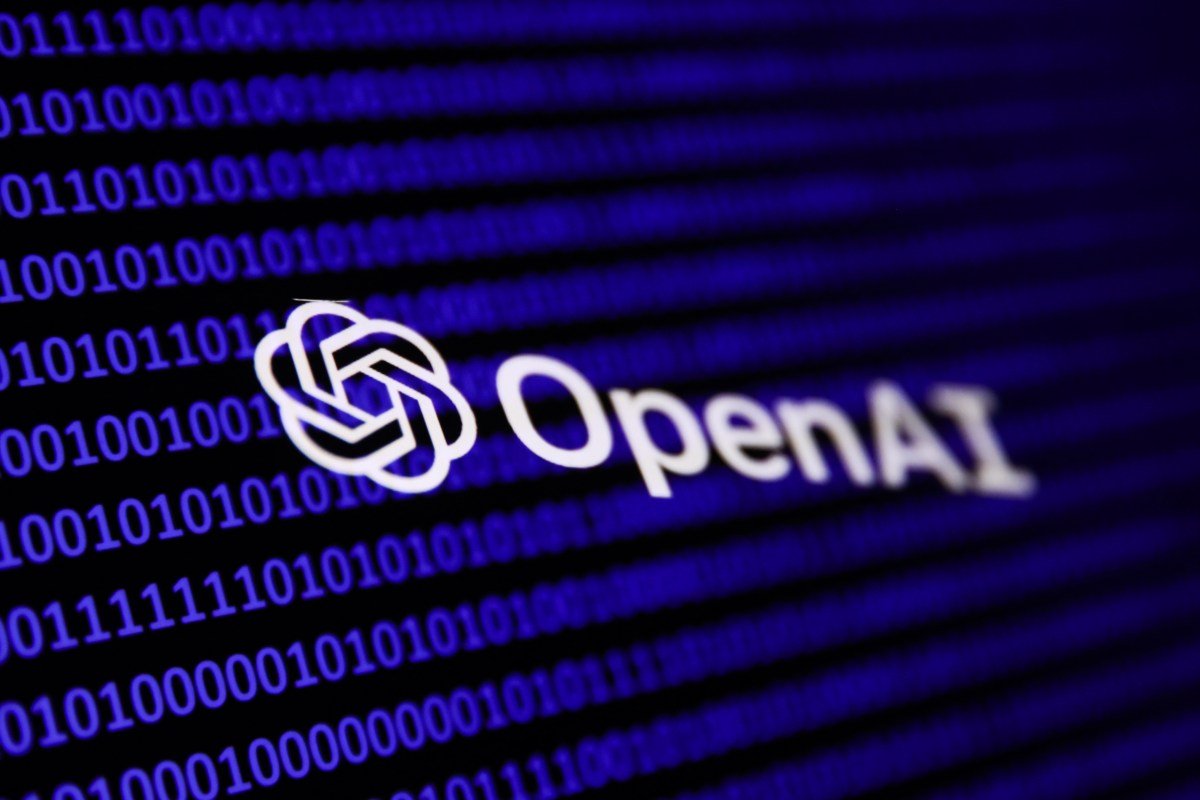OpenAI Restructures Model Behavior Team to Enhance AI Interactions
In a significant shift, OpenAI is realigning its Model Behavior team, a crucial group that influences AI interactions, with its larger Post Training team.
Key Changes Announced by OpenAI’s Chief Research Officer
Mark Chen, OpenAI’s chief research officer, shared details in an August memo, revealing that the Model Behavior team, comprising about 14 researchers, will now integrate into the Post Training team. This larger group focuses on refining AI models post initial training.
Leadership Transition for the Model Behavior Team
The Model Behavior team will report to Max Schwarzer, the lead of OpenAI’s Post Training team. These changes have been confirmed by an OpenAI spokesperson.
Joanne Jang Takes on a New Role at OAI Labs
Joanne Jang, the founding leader of the Model Behavior team, is embarking on a new project within OpenAI. She will be establishing OAI Labs, a research initiative aimed at creating innovative interfaces for human-AI collaboration.
The Impact of the Model Behavior Team’s Research
This influential team has played a vital role in defining the personalities of OpenAI’s models, mitigating issues like sycophancy. They have also tackled political bias in AI responses and helped articulate OpenAI’s stance on AI consciousness.
Aligning AI Personality with Core Model Development
Chen emphasized the importance of integrating the Model Behavior team’s work into core model development, highlighting that the personality of AI is now a fundamental aspect of its evolution.
Facing Scrutiny and User Feedback
OpenAI has recently come under scrutiny due to user concerns about personality modifications in its models. Following feedback on GPT-5’s perceived coldness, the company reverted to some legacy models and released updates to improve the warmth of interactions without increasing sycophancy.
Legal Challenges and the Ethical Landscape
Navigating the fine line between friendly and sycophantic AI interactions is crucial, especially after a lawsuit was filed against OpenAI concerning a tragic incident linked to ChatGPT. This highlights the pressing need for responsible AI behavior.
The Role of the Model Behavior Team Across AI Versions
The Model Behavior team has contributed to every OpenAI model since GPT-4, including GPT-4o, GPT-4.5, and GPT-5, under Jang’s leadership, who previously worked on the Dall-E 2 project.
New Beginnings for Joanne Jang at OAI Labs
Jang will serve as the general manager of OAI Labs, continuing to report to Chen. Although the project’s direction is still unfolding, she is enthusiastic about exploring new research avenues.
Exploring Beyond Chat: Jang’s Vision for AI
Jang expressed her excitement about moving beyond traditional chat interfaces, envisioning AI as tools for creativity and connection rather than mere companions or agents.
Collaboration with Industry Innovators
While discussing potential collaborations, Jang indicated a willingness to explore partnerships, including with Jony Ive, former Apple design chief, who is now involved with OpenAI on AI hardware devices.
This article has been updated to include Jang’s announcement about her transition to OAI Labs and to clarify the models the Model Behavior team has developed.
Here are five FAQs about OpenAI’s reorganization of the research team behind ChatGPT’s personality:
FAQ 1: Why did OpenAI reorganize the research team behind ChatGPT’s personality?
Answer: The reorganization aims to enhance collaboration and streamline the development process, allowing for more focused research on improving ChatGPT’s conversational abilities and overall user experience. This restructuring is intended to better address user feedback and advance the technology in a more efficient manner.
FAQ 2: What impact will this reorganization have on ChatGPT’s future updates?
Answer: The reorganization is expected to accelerate the pace of innovation and updates. By bringing together experts with complementary skills, OpenAI aims to implement improvements and new features more quickly, ultimately leading to a more refined user interaction and expanded capabilities for ChatGPT.
FAQ 3: Will user feedback be more prominently incorporated into ChatGPT’s development after this change?
Answer: Yes, the restructured team places a higher emphasis on user feedback. OpenAI is committed to actively listening to users’ needs and incorporating their suggestions, which should lead to more relevant improvements and a better conversational experience in future updates.
FAQ 4: How does this reorganization affect the ethical considerations in ChatGPT’s development?
Answer: OpenAI remains dedicated to ethical AI development. The new structure includes increased focus on safety, fairness, and transparency, ensuring that ethical considerations are prioritized throughout the research process. This will help mitigate risks associated with AI behavior and biases.
FAQ 5: Can we expect new features or personality traits in ChatGPT as a result of this reorganization?
Answer: Yes, the reorganization aims to enhance the personality and conversational style of ChatGPT, allowing for the exploration of new features and personality traits. OpenAI is focusing on making interactions feel more natural and engaging, which may include a wider range of expressions and a more personalized experience for users.
Related posts:
- The Impact of AI on Team Collaboration in Software Development
- Reconsidering Small AI Development: The Importance of Distilled Giants
- Introducing OpenAI o1: Advancing AI’s Reasoning Abilities for Complex Problem Solving
- Disney Research Provides Enhanced AI-Driven Image Compression – Although it Could Generate False Details


No comment yet, add your voice below!